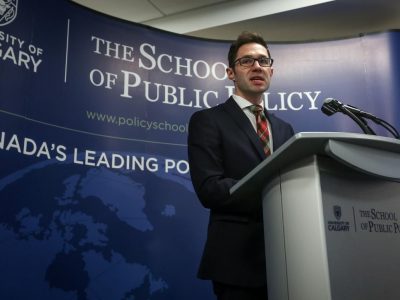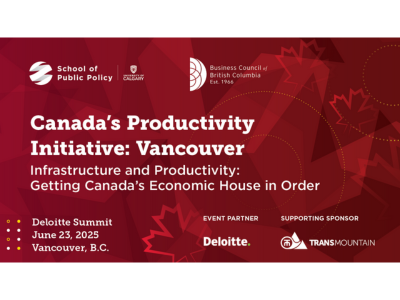“Whether or not we have the diplomatic clout to do so is another question,” Falconer said.
The term resettled refugees refers to migrants seeking asylum whose travel to Canada and other destination countries is planned. Their refugee status is pre-vetted by governments, the UNHCR, and other relief organizations. These refugees do not include asylum seekers, Falconer said, who enter a country through a border and then apply for asylum or refugee status.
“Resettled refugees are planned, they’re pre-vetted, there’s a security check done in place,” Falconer said. He added they don’t choose their country, rather the country instead chooses them.
As conversations about refugees and immigration heat up with the upcoming election, Falconer said it’s important to make the distinction between resettled refugees and asylum seekers, who are often wrongly lumped in the same category.
Alongside refugee resettlement, Canada is also currently grappling with an asylum seeker backlog, Falconer said. In 2015, the processing time for an asylum seeker was five months, but the wait time has jumped to around 33 months in recent years, Falconer said. He added the backlog is an issue the federal government should examine as the U.S. becomes more unco-operative in helping Canada address the issue.
“The asylum backlog represents an insecurity,” Falconer added. “In the sense that people may feel the government doesn’t have a handle on border security.” This is problematic, he said, as border security is tied to the public’s willingness to resettle more refugees.
There are currently 1.4 million refugees in need of resettlement worldwide, Falconer said, and that number continues rise. With the current refugee resettlement trends, Falconer said there is a need for Canada to try to negotiate greater resettlement efforts by other countries, otherwise this gap in resettlement numbers will continue to grow.
“What is Canada’s fair share in regards of refugee intake?” is the big question, Falconer said.
“I don’t think we’ve got it figured out.”


